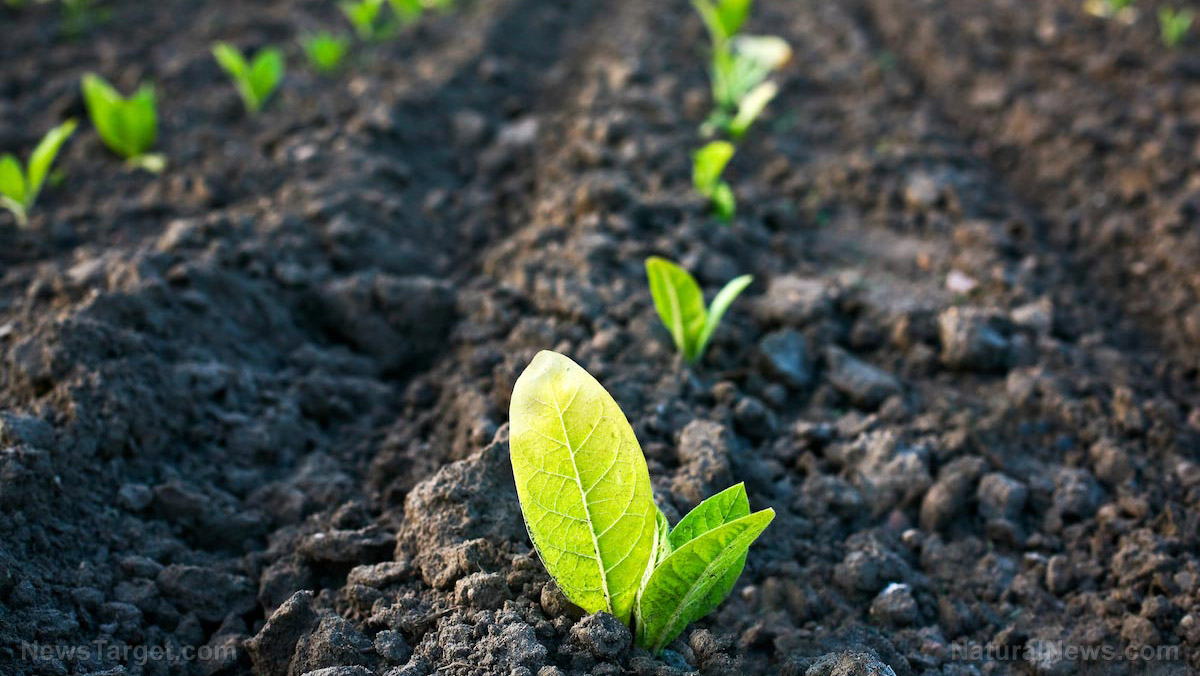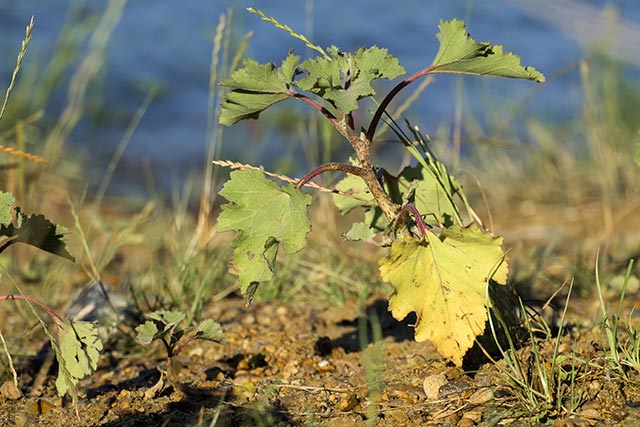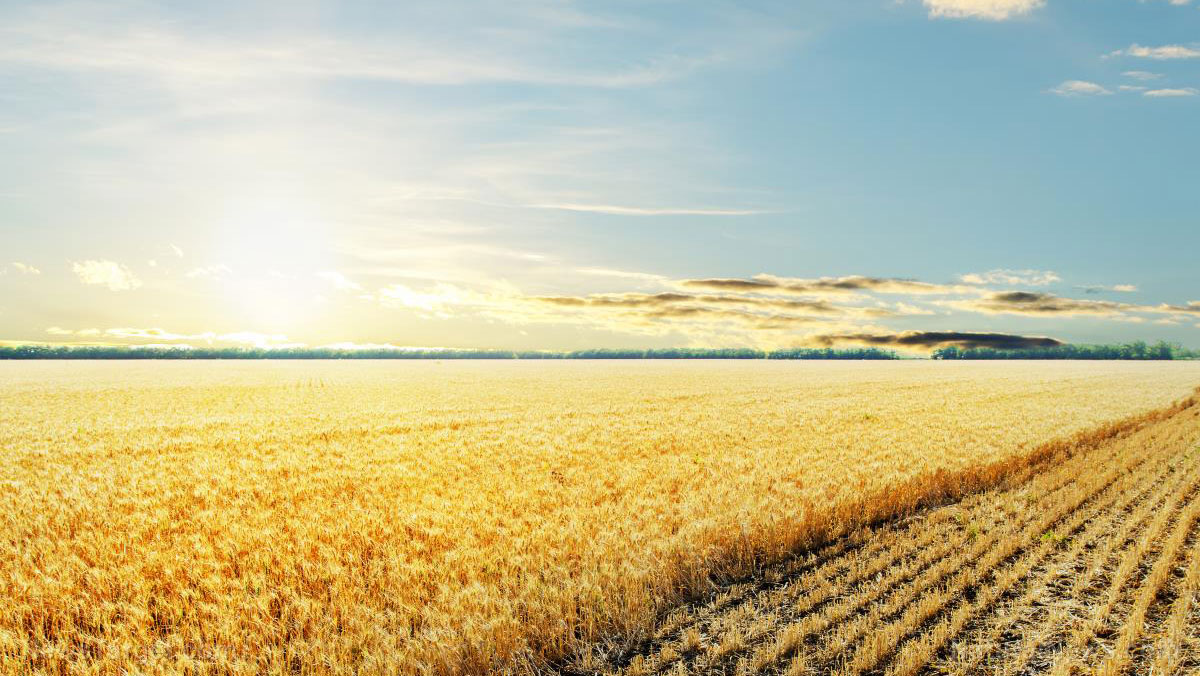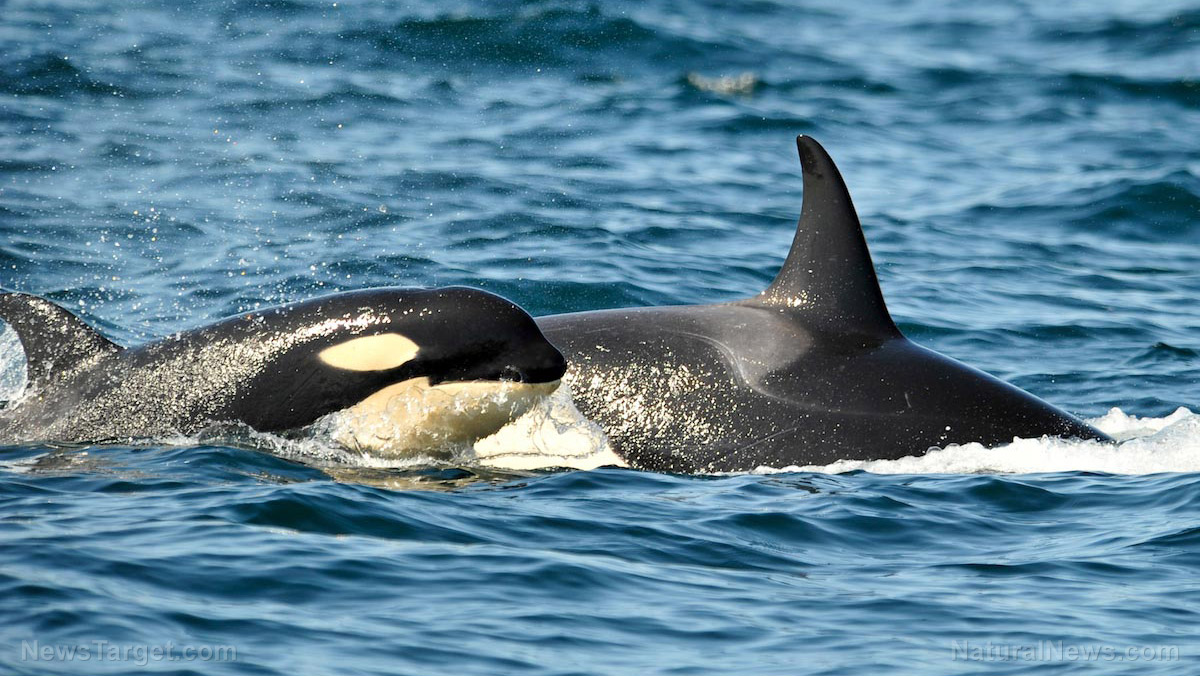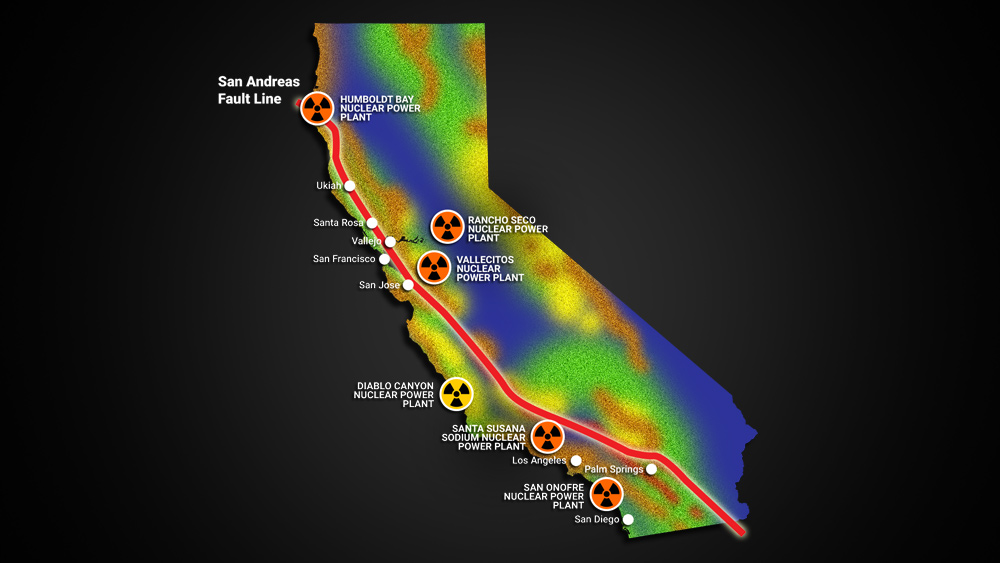Balance is key: Farmers must maintain soil health to successfully grow both free-range pigs and energy crops
09/20/2018 / By Janine Acero
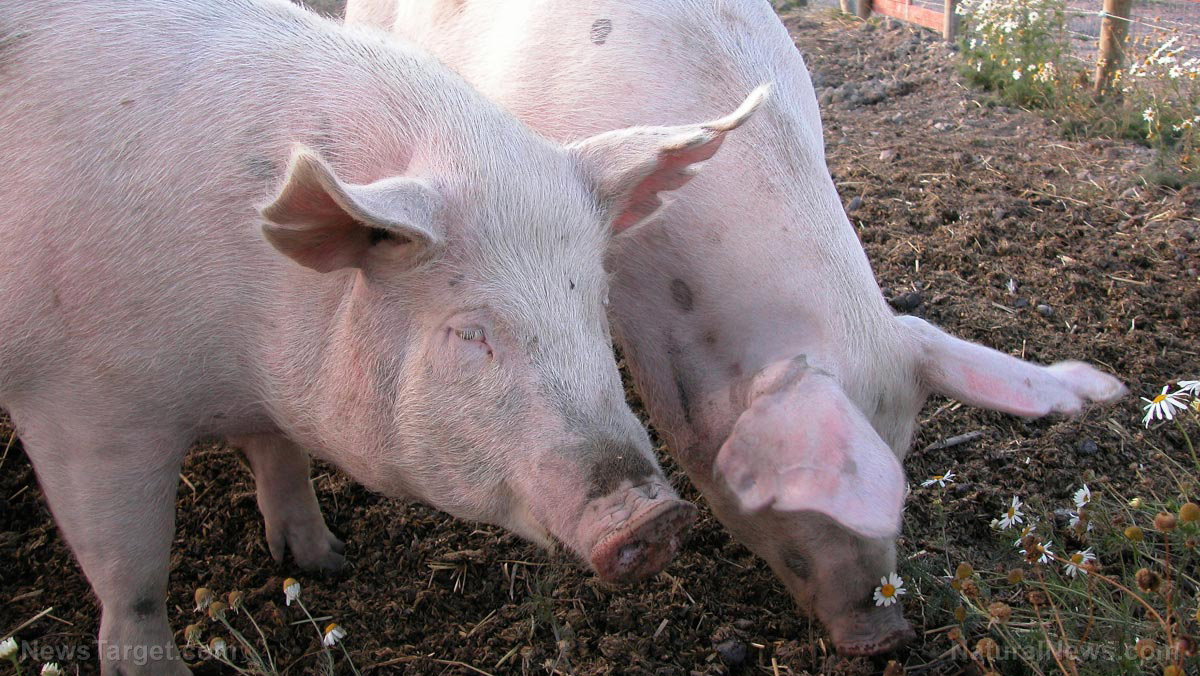
Owning livestock is a huge responsibility. Free-range farmers must ensure that their pigs do not cause permanent harm to the environment.
Free-range pig farming is typically associated with a high risk of nitrogen loss in the soil known as leaching, as the pigs cause an uneven distribution of mineral nitrogen in the soil through their defecation behaviors. In addition, the pigs’ rooting behaviors destroy the grass-covered soil. One study, which was published in the journal Agroforestry Systems, aimed to determine the role of stocking density in determining nitrogen distribution and balance in a farming production that combines free-range pigs and energy crops.
Stocking density was found to have a significant effect on nitrogen loss in the soil. The researchers posit that combined production of free-range pigs and perennial energy crops such as silvergrass (Miscanthus), willow (Salix) and poplar (Populus) may benefit the environment because these crops may likely persist despite pig rooting, take up nutrients and thereby minimize nitrogen (N) losses.
For each of two seasons, 36 growing pigs with an initial mean live weight of 55 kg (spring) and 48 kg (autumn) respectively were separated into six paddocks of two stocking densities (117 and 367 m 2 pig -1) respectively.
The team then measured soil mineral N in 0-25 and 25-75 cm depth at three occasions and found that N inputs exceeded N outputs at 626 and 185 kg N ha -1 for high and low stocking density.
The findings revealed that the pigs caused an uneven distribution of mineral N across the paddocks, with the highest content in zones with willow and poplar. They observed that stocking density significantly affects the content of soil mineral N.
During winter period with no pigs, mineral N content in the 0-75 cm soil layer was reduced by almost 100 kg N ha -1 in paddocks with high stocking density against only 4 kg in paddocks with low stocking density.
The researchers conclude that there was a low risk of elevated nitrogen leaching in the low stocking density, which means combining free-range pigs and energy crops in farming production may be a promising way to balance the mineral nitrogen content in the soil.
Getting started on free-range pig farming
Owning livestock is a big undertaking, but a rewarding one. If you’re planning on owning free-range pigs, here are some tips to get you started. (Related: Farming makes a comeback in India, as growers return to traditional, organic practices.)
- Firstly, and most importantly, check with your local council if there are any restrictions or special requirements for farming pigs in your area before you invest any money into your planned venture. Some states require licenses and Development Applications. You could be shut down if your piggery is deemed illegal.
- Select your breeding herd carefully as they are the foundation of your business. The ideal sows will have been raised free range and proven that they can perform outdoors. Boars, on the other hand, should be purchased from a commercial breeder. Note that boars can take several weeks to adjust after introducing them to the outdoors.
- Stocking densities must be adjusted to suit the land. The potential for soil erosion is one of the main concerns in an outdoor piggery. Steep slopes are generally not suitable because it poses a higher risk of erosion and runoff. On the other hand, the risk of flooding must be assessed when siting the piggery on flat land.
- Setting a paddock rotation system in place is important to minimize environmental damage. Do not graze your pigs on the same paddock until that pasture has recovered, or else you will experience permanent damage to your land. If you are finding that your paddocks are constantly bare, you are overstocked.
- The secret to any successful piggery is to grow your pigs as quickly as possible. You may mill and mix your own feed, or you may consult with an animal nutritionist or purchase a ready-made mix feed.
- No matter what state you live in, to sell your pigs you will need to purchase a registered pig brand to identify your animals and ensure traceability. In some states, you will also be required to have a Food Safety Program in place that is audited by a third party.
Pasture management that includes paddock rotations and balanced spread of manure is vital. Manure buildup and runoff must be prevented to minimize harm in the environment.
Learn more about traditional farming practices at Harvest.news.
Sources include:
Okologi.dk [PDF]
Tagged Under: agriculture, animal droppings, energy crops, environment, farm animals, farming, free-range pigs, livestock, nitrate leaching, nitrogen balance, nitrogen distribution, pig manure, soil nutrients, stocking density
RECENT NEWS & ARTICLES
COPYRIGHT © 2017 ENVIRON NEWS

